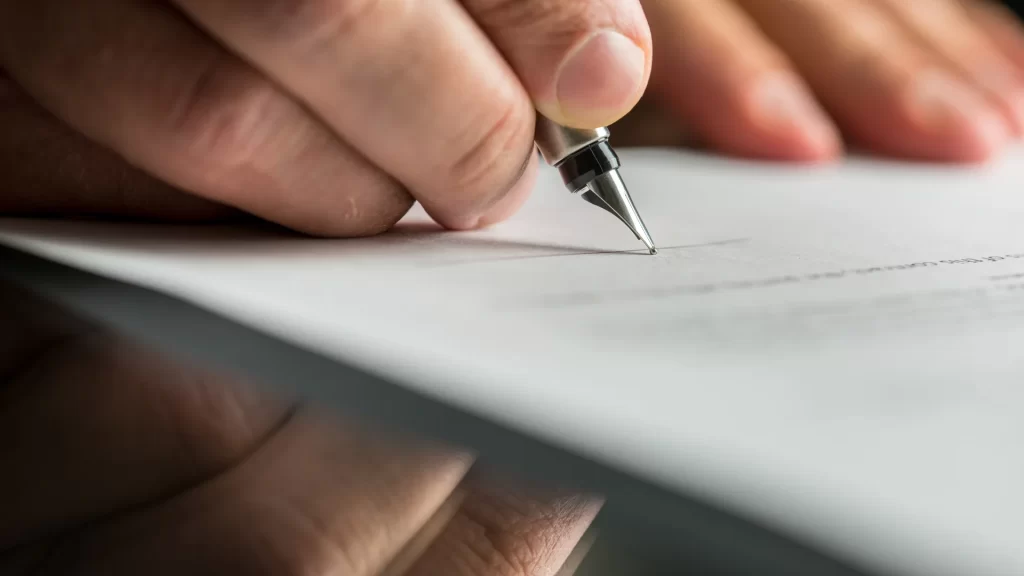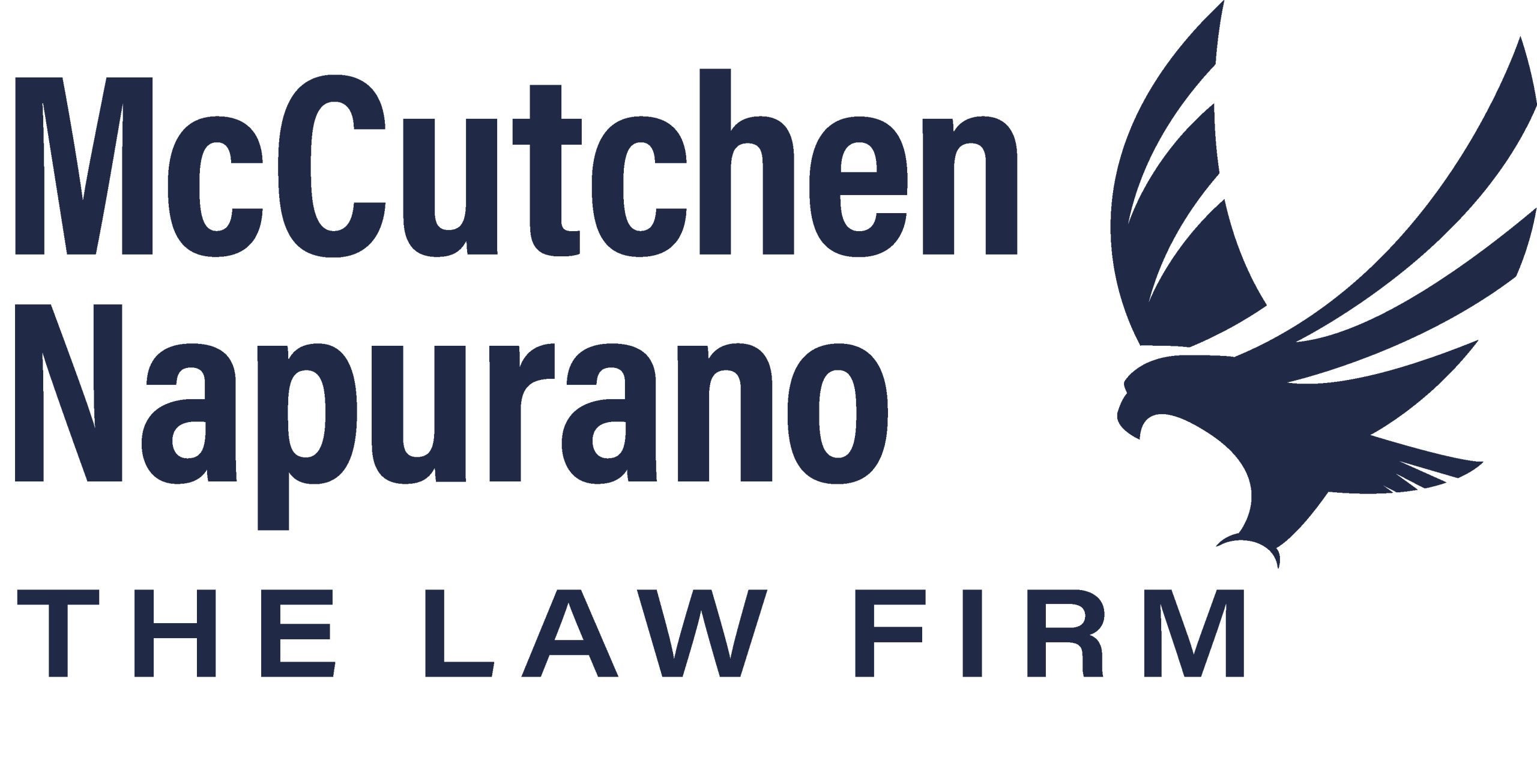Posted on Friday, September 15th, 2023 at 9:00 am

If you have a personal injury claim or lawsuit in Arkansas, and settlement negotiations have stalled, you might consider mediation to reach an agreement. When negotiating for a fair settlement with the other party is difficult, mediation might help.
The Arkansas personal injury lawyers from McCutchen Napurano - The Law Firm can provide more information about this claim resolution path. Your lawyer will explain whether mediation is an approach that could move your case along. Even before you agree to mediation, you may wonder, “Is mediation legally binding?”
Understanding the Mediation Process
The mediation process for a personal injury case in Arkansas typically involves the following steps:
- Notifying all relevant parties of your desire to enter into mediation. The relevant parties include everyone who is a party to the claim or lawsuit and might include a judge. Sometimes, courts order parties involved in a dispute to enter into mediation.
- Choosing a mediator with the necessary qualifications set forth by Arkansas state law.
- Participating in the mediation. The mediator will introduce the parties and outline the ground rules at the beginning of the session. You can also ask them questions about the mediation process at this time.
- Both sides present their opening statements in the session.
- The mediator will likely move the parties into separate rooms so they can meet with both parties to the dispute individually to discuss their goals in more detail.
The role of the mediator is to give all parties the chance to clearly state their goals and wishes. With a third-party mediator facilitating discussions, it may be easier for you and other parties to be more candid and open-minded, which can lead to reaching a fair settlement agreement.
The discussions you have during the mediation process are not legally binding, but there are strict rules about confidentiality in mediation sessions. Due to these rules, anything you say during mediation is secret.
Does Mediation Mean Settlement?
The mediation process aims to reach a settlement both parties can agree to. Once the parties express their wishes, agree, and informally agree to terms, a mediator or a lawyer will draft an agreement.
You and your attorney must review the agreement closely to ensure it reflects your goals. You may sign the mediation agreement once you’re happy with it.
Mediation is legally binding in Arkansas after both parties sign the agreement. After that, a judge must review it to ensure it’s fair and legal. They may reject it if they notice any errors or issues that would impact the mediation agreement’s enforceability.
A study in the Negotiation Journal indicates that mediation may lead to a settlement agreement in approximately 78% of cases. However, you don’t have to sign an unfair mediation agreement just because you entered the mediation process.
Resolving a case through mediation may be ideal if the other option is going to court. Taking a case to trial is costly in both time and money. However, trial may be your best option if an appropriate agreement cannot be reached.
Enforceability of Mediation Agreements
If you sign a mediation agreement and a judge approves it, it’s legally binding. That means either party can sue the other for breach of contract if they fail to abide by the agreement’s terms.
An example of this is an insurance company or negligent party not paying you what they agreed to. Contact your attorney if the other party involved in your dispute isn’t fulfilling their obligations. A lawyer will know what steps to take next.
Most mediation agreements also include the release of liability clauses. Such a clause states a plaintiff can’t take further legal action against the same party for the same accident. This clause could be rendered void if the other party violates the mediation agreement’s terms.
What If Mediation Doesn’t Lead to a Settlement?
Your attorney may resume negotiations with the other party if mediation doesn’t produce the desired settlement. However, if mediation fails, your case will likely go to court. A jury or judge will decide the case when this happens.
Your ability to influence the outcome of your case will be limited if you go to court. The mediation process gives you a say in what is most important to you in resolving your case. You have no such opportunity if a judge or jury makes the final decision.
Regardless, you should go to court if mediation doesn’t lead to a fair outcome or no appropriate settlement can be reached. Remember that mediation may be your last chance to have a say in compensation.
Approach the process accordingly. Genuinely attempt to work with the other party. Take stock of what’s most important to you, prepare your strongest arguments, bring the evidence that supports your position, and keep a clear head during the process. If both parties are willing to make some compromises, resolving your mediation case is possible.
The Value of Mediation in Personal Injury Cases

Knowing the answer to “Is mediation legally binding?” isn’t the same as knowing whether mediation is worth trying. You need to weigh the pros and cons of your options when deciding whether to enter mediation.
Potential benefits of the mediation process include:
- Saving time: It may take a relatively long time to resolve your case if it goes to court. You may resolve it more quickly with mediation.
- Cost savings: If you can resolve your case in mediation, you’ll save court fees, attorneys’ fees, possibly expert witness fees, and other expenses.
- Reducing stress: Waiting to find out if a jury or judge decides in your favor is often stressful. Mediation, when the parties negotiate amicably, may involve much less stress.
- More control: Mediation allows you to express your priorities and choose which negotiable elements of your settlement. As a result, the mediation agreement may better represent your wishes than a judge’s or jury’s decision would.
Regardless, like all legal topics, mediation is complex. You may still have questions about it and the valuable role it could play in your case.
The compassionate and experienced Arkansas personal injury lawyers at McCutchen Napurano - The Law Firm are prepared to answer these questions and more. For information about how we can help you in mediation or your case, contact us online or at (479) 783-0036 to schedule your free case review today.
Related posts
10 Things to do after your car accident
Common mistakes to avoid when talking to an insurance adjuster




